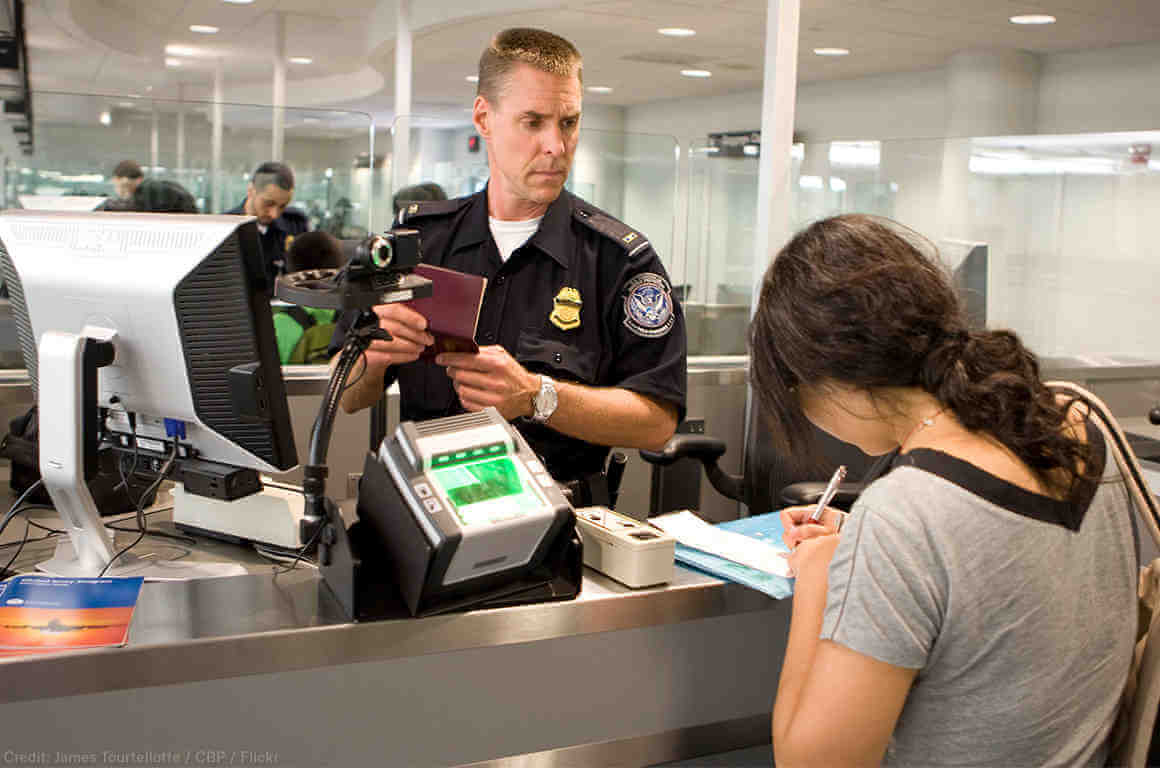Why it matters: US Customs has been in hot water for the last few years after it was found that border agents have near-unfettered authority to search and seize travelers’ devices. A judge, citing Fourth Amendment rights, has now ruled that government has to be more careful about protecting its interests at the legal gray area that is the US border.

You don't have to be a civil liberties advocate to feel a bit uneasy if border authorities have too much power and can invade your privacy without reasonable suspicion of wrongdoing.
The American Civil Liberties Union and the Electronic Frontier Foundation recently announced a decisive victory after battling the issue in a Boston court. Judge Denise Casper has now ruled that the government can't ask for broad searches at the border, even as she recognized the importance of the practice for law enforcement. That means customs officials have to find a balance between government interests and privacy.
The case, filed in 2017 on behalf of 11 travelers - most of which are US citizens - accused customs agents of searching laptops and phones without a warrant or even as much as reasonable suspicion. Government officials argued in court that suspicionless searches have little potential to harm law-abiding individuals, but Casper rejected the argument.
"This is a great day for travelers who now can cross the international border without fear that the government will, in the absence of any suspicion, ransack the extraordinarily sensitive information we all carry in our electronic devices."
Officials had examined sensitive information on the seized devices, including attorney-client communication and the contents of a NASA engineer's work phone. It's estimated that border agents have searched electronic devices of 33,000 people in 2018 alone, a number that seems to have doubled every year under the Trump administration.
"This is a great day for travelers who now can cross the international border without fear that the government will, in the absence of any suspicion, ransack the extraordinarily sensitive information we all carry in our electronic devices," EFF Senior Staff Attorney Sophia Cope said in a statement.
The government can appeal the ruling, but if it holds, it could lead to a lower number of warrantless searches at the border, reducing the overall potential for abuse.
This isn't the first misstep for CBP and ICE. The two agencies have been found to keep travelers' data long after the performing device searches, and are increasingly denying them entry into the US-based on the social media activity of their friends.
Earlier this year, ICE and FBI were discovered using DMV photos for facial recognition searches, while the CBP is scrambling to install facial recognition systems at airports, which could open another avenue for abuse.
It's also worth noting the ACLU recently sued the FBI, DEA, and DOJ for their lack of transparency regarding the use of facial recognition tech, arguing the technology is not ready and that there are not enough safeguards in place to protect people's rights.